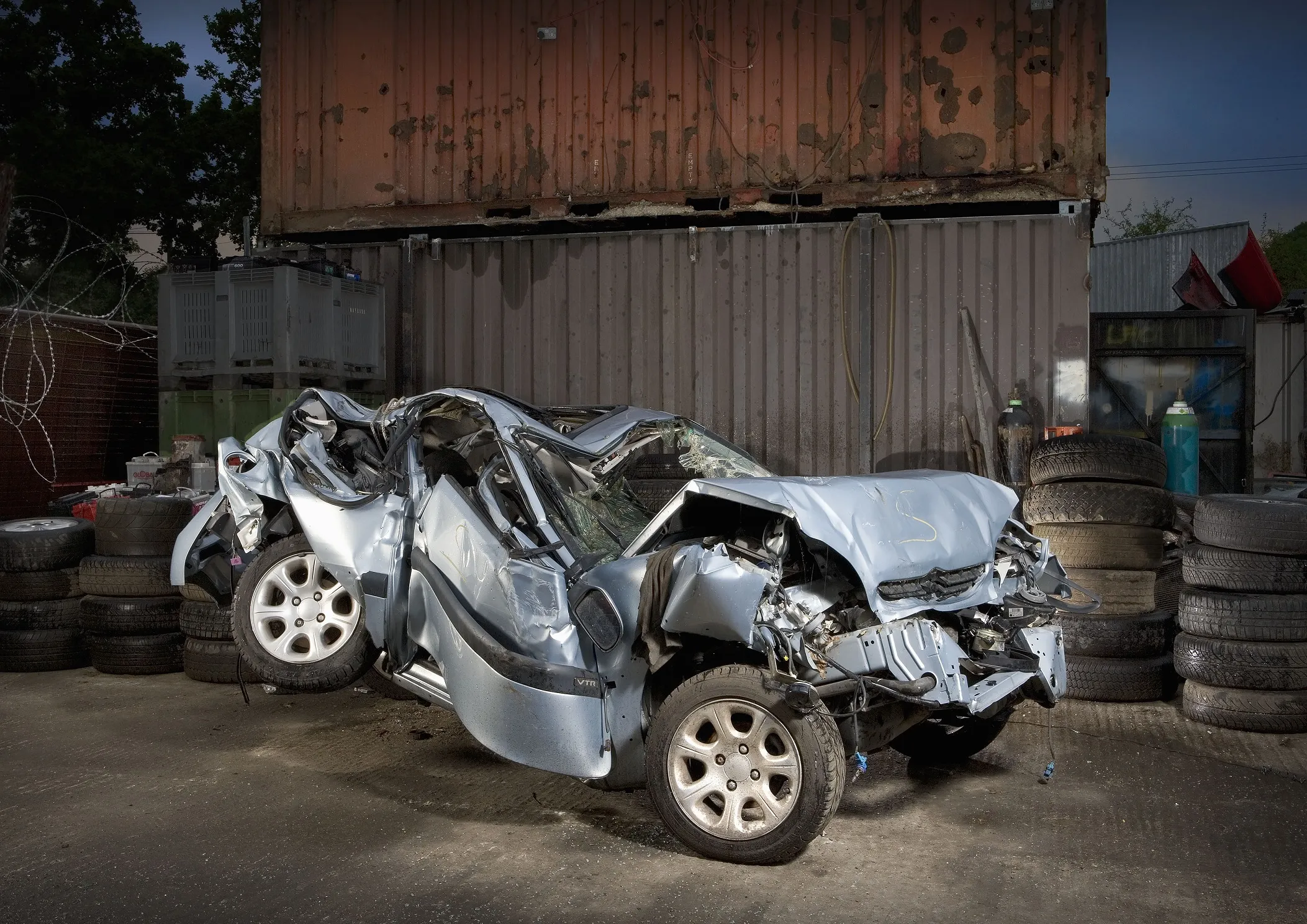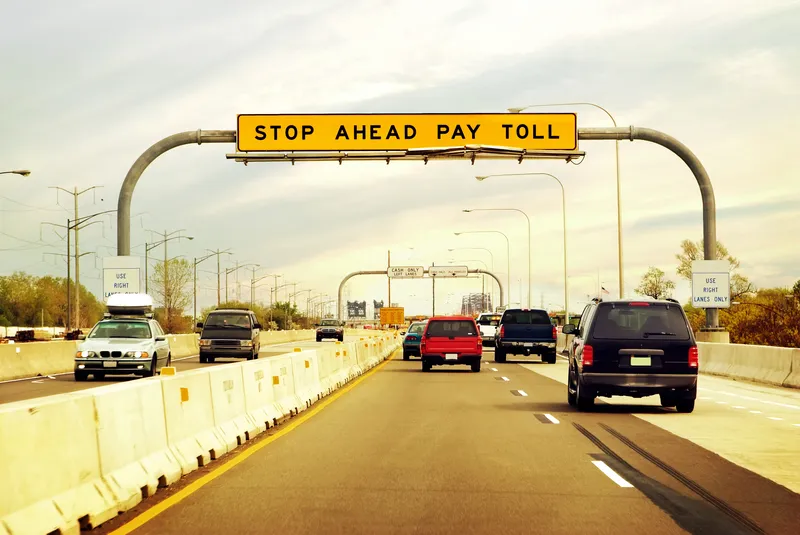
When Lives Collide, a new photography exhibition described by its organisers as "hard-hitting and emotive" aims to show the human face of the suffering caused by road crashes.
Shot by Paul Wenham-Clarke, a professor of photography at Arts University Bournemouth (AUB), the images are being exhibited to mark the 30th anniversary of RoadPeace, the UK national charity for road crash victims.
The organisation provides information and support services to people bereaved or seriously injured in road crashes and engages in evidence-based policy and campaigning work to fight for justice for victims and reduce road danger.
Since RoadPeace was founded in 1992, 81,315 people have been killed on British roads, which equates to seven deaths every single day over the last 30 years.
The exhibition, which features pictures of crash scenes as well as portraits of people whose lives have been irrevocably affected by the deaths of loved ones, is designed to show that crashes affect everybody – whatever their age or gender and wherever they live.
Nick Simmons, CEO of RoadPeace, said: “When Lives Collide 2023 takes an artistic approach to explore the impact of road harm from the point of view of those directly impacted by it. Paul’s work so cleverly and creatively documents the lives of crash victims and acts as a call to work together to end road death and injury. We cannot allow this kind of preventable and avoidable suffering to go on.”
RoadPeace’s first When Lives Collide exhibition was launched at the same gallery in 2002 with pictures by Wenham-Clarke.
Twenty years on, he says: “These images serve as a window into the soul of people who have experienced a nightmare, and they address the emotional consequences of devastating collisions, which radiate out like waves on a pond."
“Some of the portraits capture raw emotions as they surge and flow through the participants, ranging from grief-stricken crying to smiling, as they remember their lost one. Mothers and fathers are left wondering why they have outlived a child and lovers are separated forever with no opportunity to say goodbye.”
When Lives Collide runs at Gallery@Oxo, Oxo Tower Wharf, London, UK, from Wednesday 4 January to Sunday 15 January, 2023









